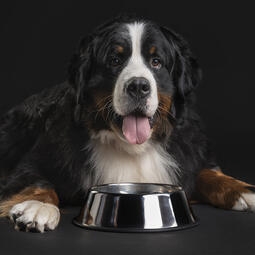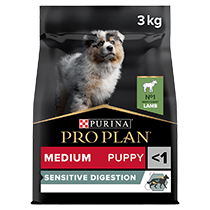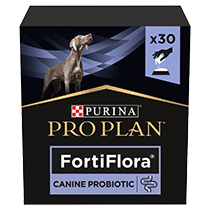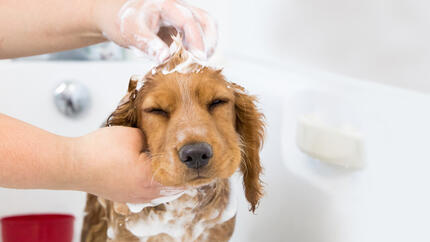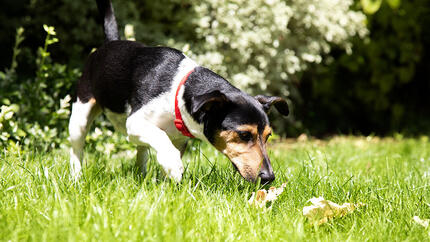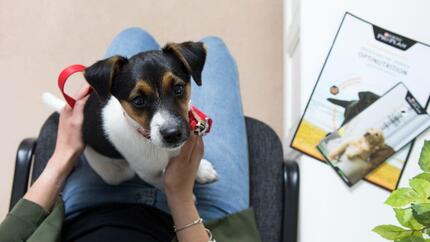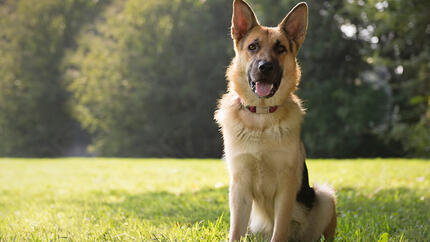What to do When Your Puppy has Diarrhoea
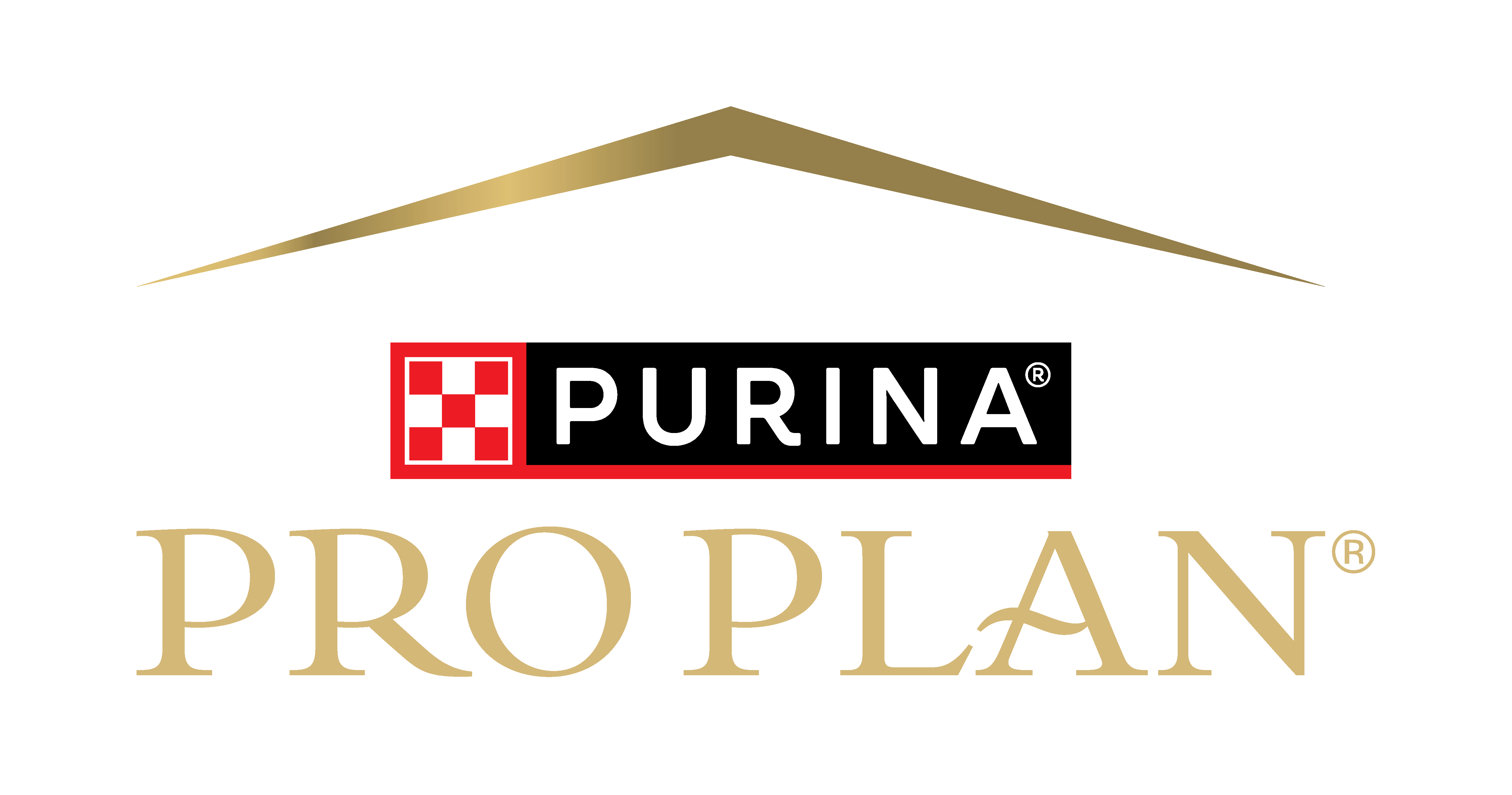


Puppy diarrhoea can be distressing to deal with, especially while you are toilet training your puppy.
Aside from being unpleasant for you, no owner wants to see their puppy suffer or be uncomfortable. It can also be tricky to recognize when puppy diarrhoea is a sign of something serious, and when it can be easily treated.
This article gives you some information about puppy diarrhoea, plus practical advice on treating it.
Why Does My Puppy Have Diarrhoea?
There are a number of different triggers for diarrhoea in puppies. The majority of these are not serious and can be easily addressed.
Stress
Cоming to a new home can be a stressful experience for a puppy. This is because they are still a tiny baby suddenly alone for the first time in their life, in completely new surroundings, and do not recognize the people around them.
Over the first few days of your puppy being home with you. they should begin to settle in and any stress-related diarrhoea should disappear. If they have any other symptoms however – such as lethargy, panting, loss of appetite, not drinking etc – or if you are worried – visit your vet. Young puppies can dehydrate quickly and it’s always good to be sure.
New diet
A puppy with diarrhoea may be struggling to adapt to a change in food – or even water. When you bring your puppy home, it is best to keep them on the same food they have been used to while they settle in. If you want to change it, you can then begin to do it gradually.
In older puppies you will be looking to change from puppy to adult food after their first year, but keep in mind this change in diet may cause diarrhoea – which is completely normal. Again, change this slowly – adding a tiny bit of the new diet to start with and build it up to the new diet over a week or two. It is far better to prevent stomach upsets and diarrhoea whenever possible. Within a few days your puppy’s stomach should become used to the new food and the diarrhoea should stop. If not, talk to your vet.
Parasites
Dog parasites such as worms can also cause diarrhoea. Parasites are very common and can often be found in unclean conditions and in situations where welfare is compromised, so keep this in mind when choosing where you get your new puppy from. Always look for a breeder or rescue centre who prioritise health.
Parasites can also be passed on from mother to offspring when the puppy is very young, so make sure you know about parasite protocol used by the breeder for both the bitch and her puppies. Talk to your vet about the best way to continue this to treat and prevent all parasites.
Eating something that upsets their stomach
Young puppies interact with the environment by putting things in their mouth – and of course, they are so cute that people often can’t help giving them a treat off their plate, so eating something they shouldn’t have or that upsets their stomach, can be a fairly common occurrence.
If you think this might be the cause of the diarrhoea, talk to your vet (and tell them what your puppy might have eaten) and ask for their advice.
These are just some of the most common reasons for puppy diarrhoea. There are many other possible causes, including viral infections and a change in water.
When to take a puppy to the vet for diarrhoea?
If your puppy has a bout of diarrhoea it can be tricky to know whether or not it warrants a visit to the vet. However, there are number of signs you can watch out for.
The first is to check there is no blood in the stools. Blood in diarrhoea is a sign that something else is wrong and should be taken seriously. If you see this, take your puppy to the vet as soon as possible.
Are the stools black and tarry? If so, this could be the sign of a more serious problem, because it means there is digested blood in the intestines. It could mean there is some type of internal bleeding going on in their body.
Other signs to watch out for alongside your puppy’s diarrhoea are loss of appetite, lethargy, panting and frequent vomiting.
If your puppy has not displayed any of the above signs, it’s likely they do not need to see the vet – unless the diarrhoea is frequent or has lasted longer than 24 hours. Young puppies can dehydrate quickly and so ongoing diarrhoea should be addressed.
How to treat puppy diarrhoea
If the diarrhoea persists, talk to your vet first and foremost. Take their advice on any treatment – especially if your puppy is under 12 weeks old.
The first and perhaps most effective treatment is to feed a bland diet for a few days. Your vet can advise you on what will be the best choice.
Often they will suggest you S stick to their regular food and feed in small portions with plenty of water. Avoid giving treats, snacks or human food from your plate that could further irritate their stomach.
This should help settle the stomach and within a day you should see your puppy’s stools turn back to the normal consistency.
If your puppy’s condition does not return to normal or seems to worsen, you should visit the vet as soon as possible. Your vet may recommend different medicines that can help treat your puppy’s diarrhoea and prevent possible dehydration.
For puppies that experience regular diarrhoea, a specially formulated diet can help. PRO PLAN Puppy Sensitive Digestion with OPTIDIGEST contains a special combination of nutrients that support the digestive system. These include highly digestible ingredients (such as egg) that ease the digestive process, and bentonite (a natural clay) that promotes a good stool quality.
For more advice on caring for your next puppy, take a look at our guide on puppy separation anxiety, next.
Explore puppy food for sensitive tummies:
New puppy? Read these next:


